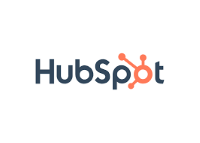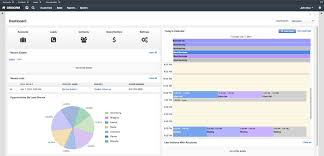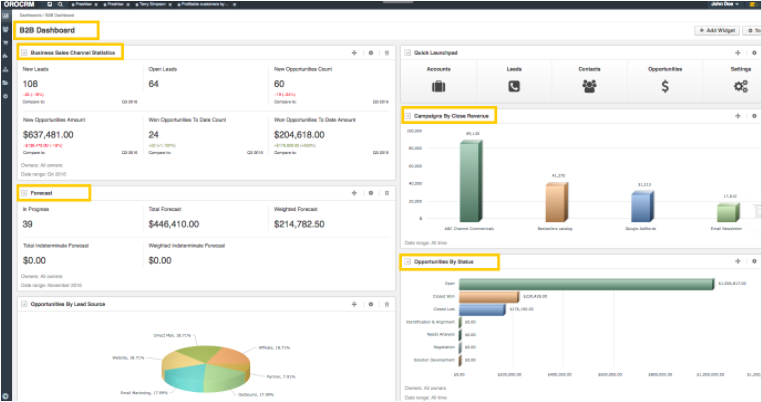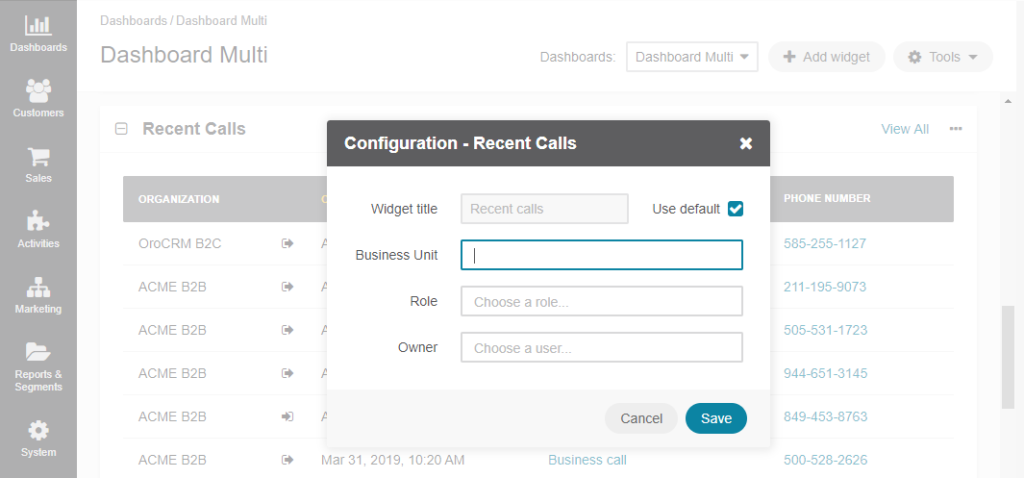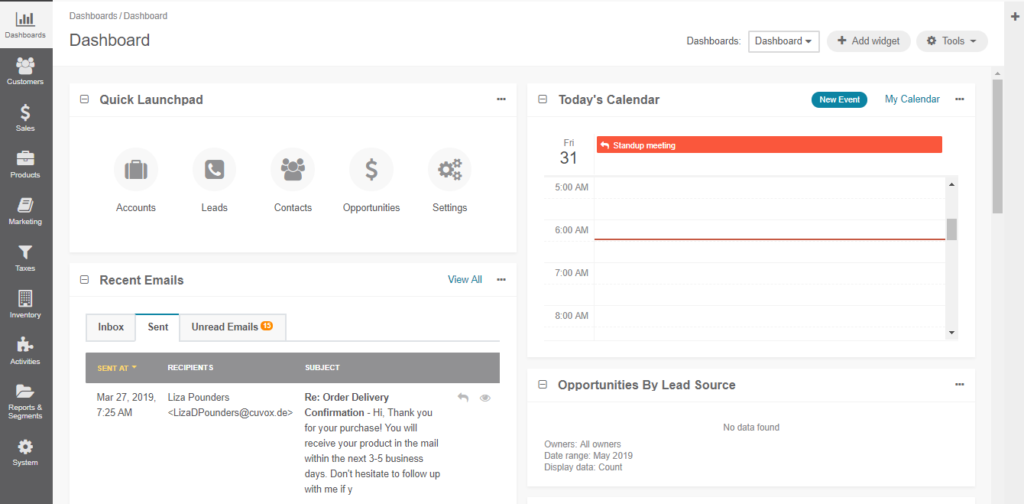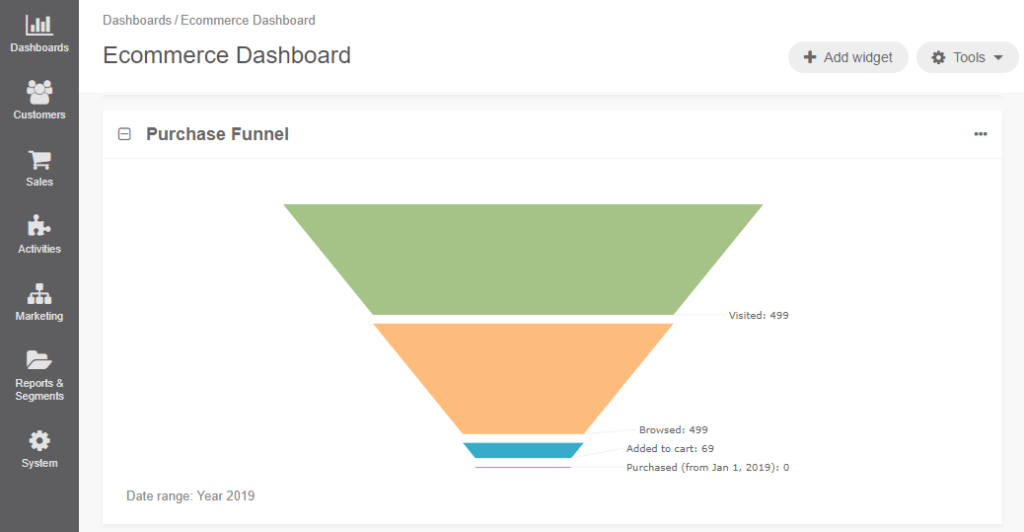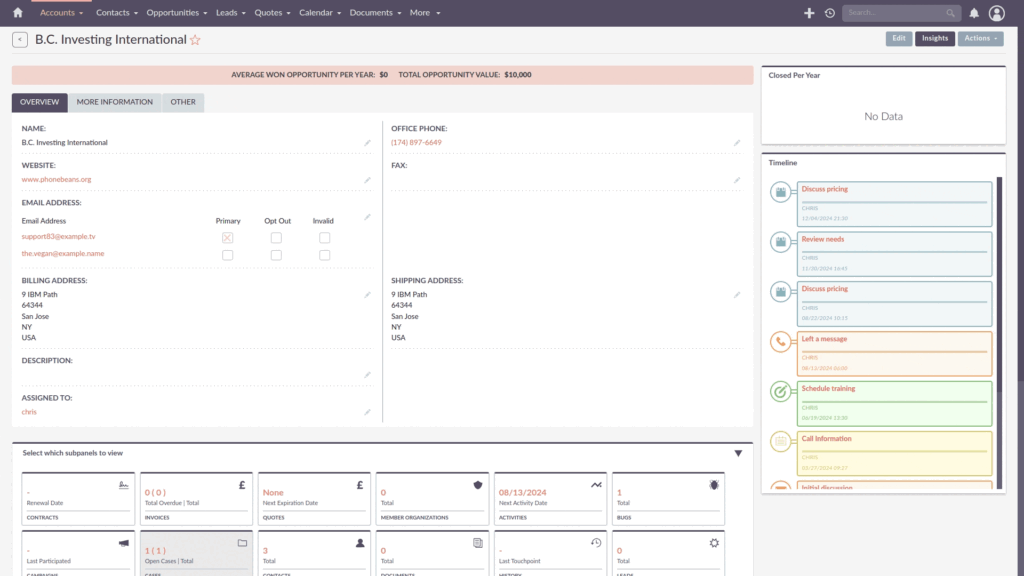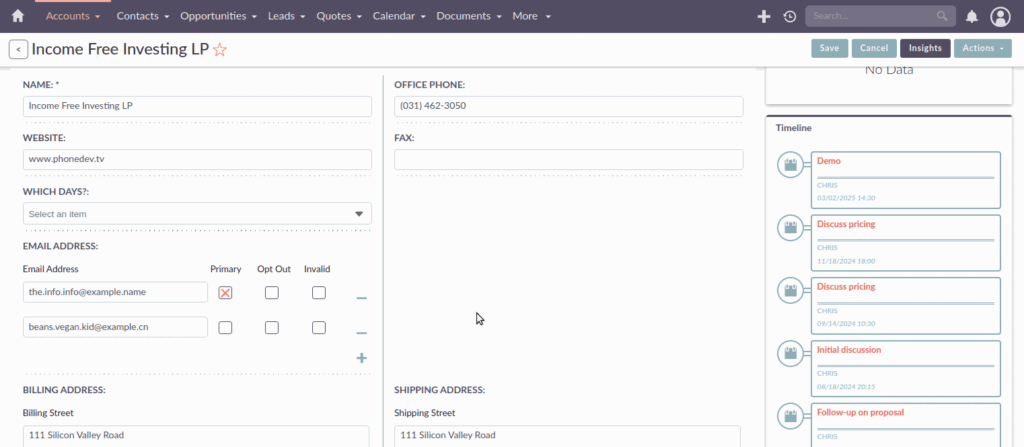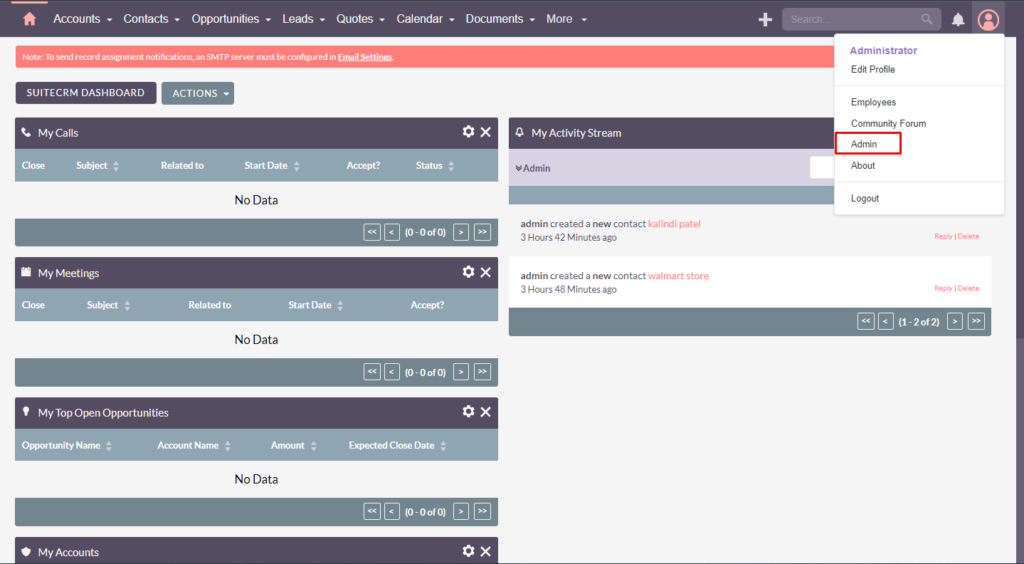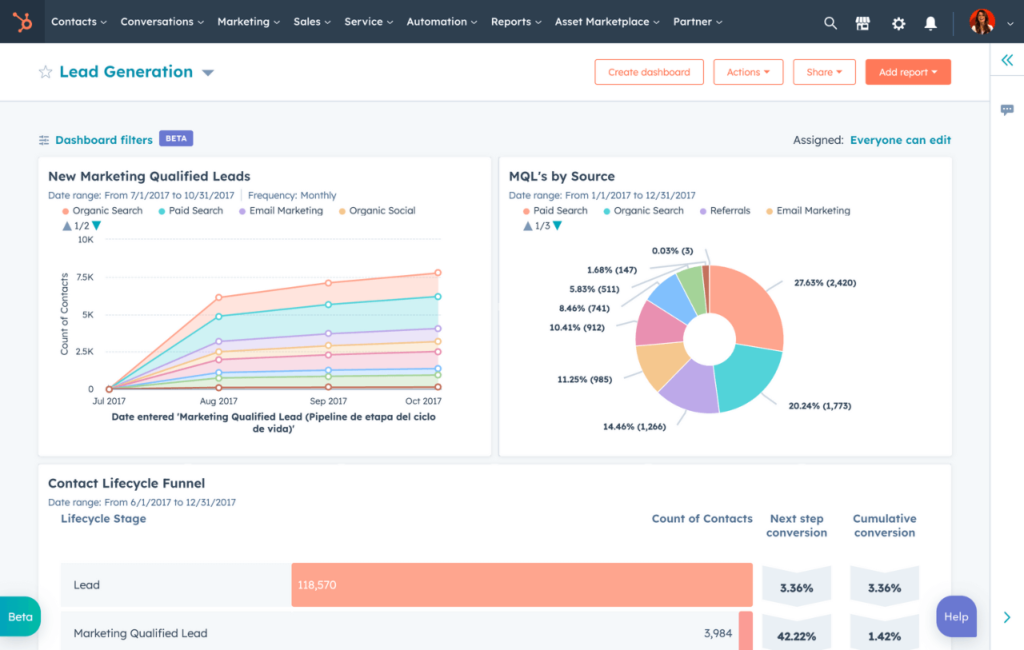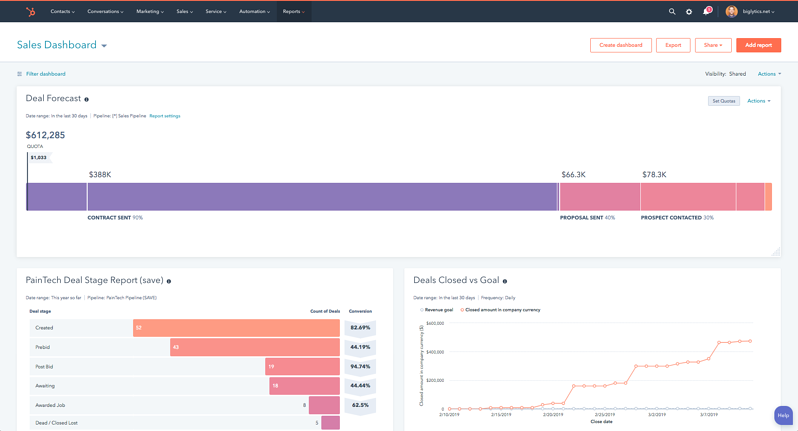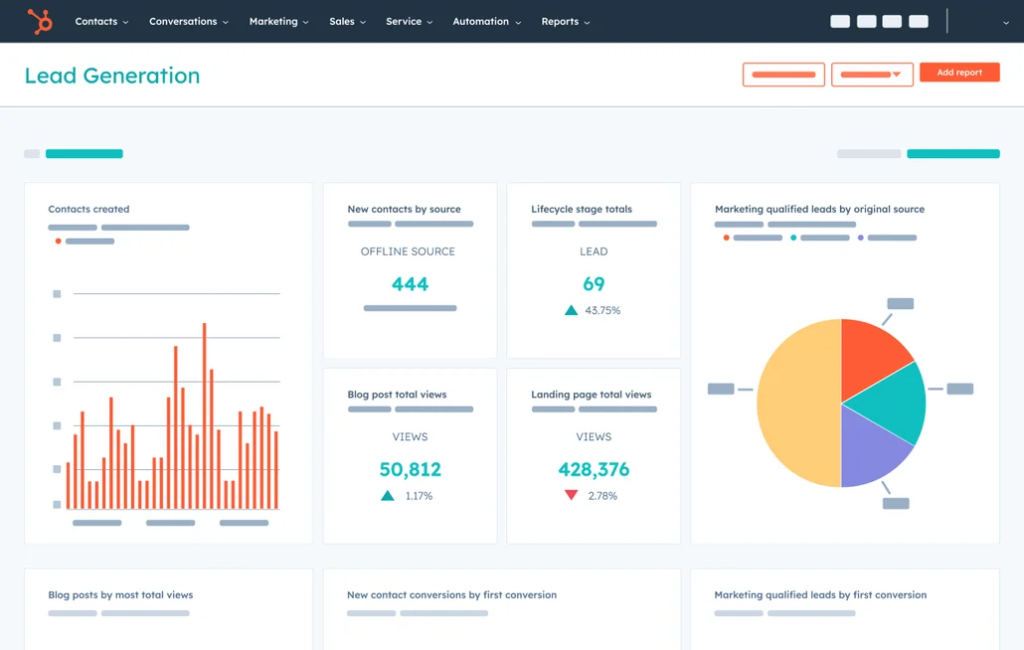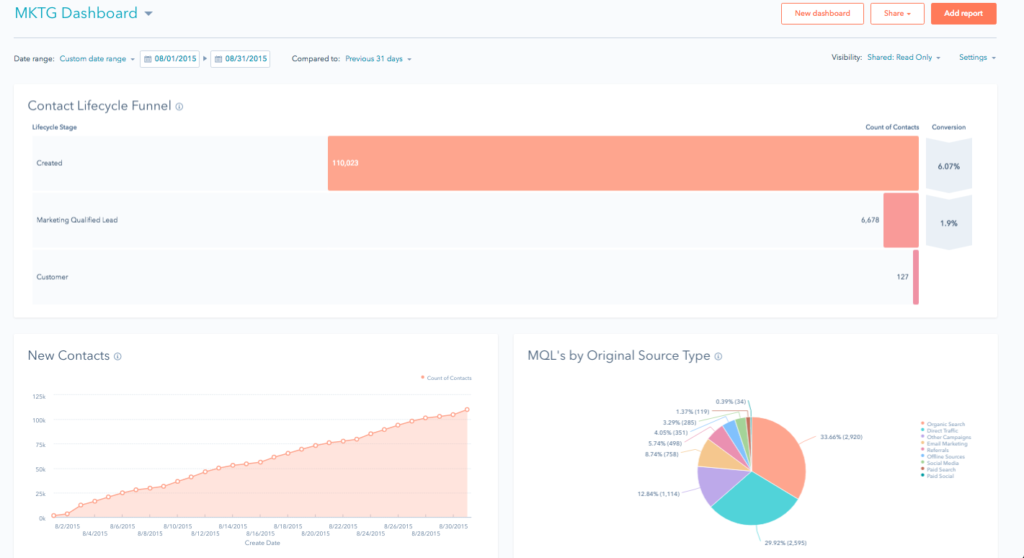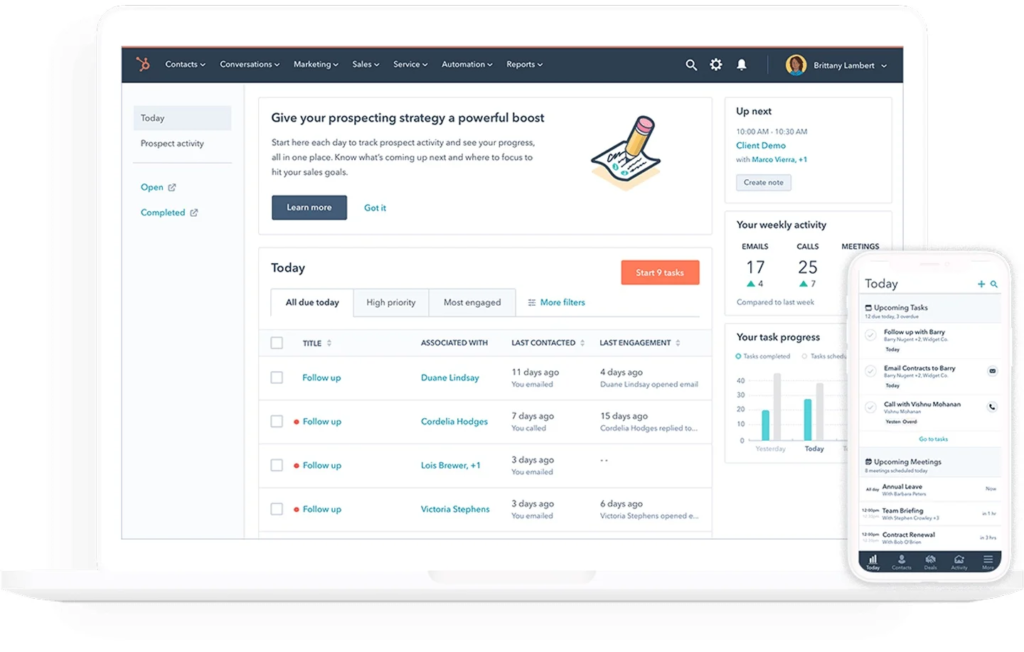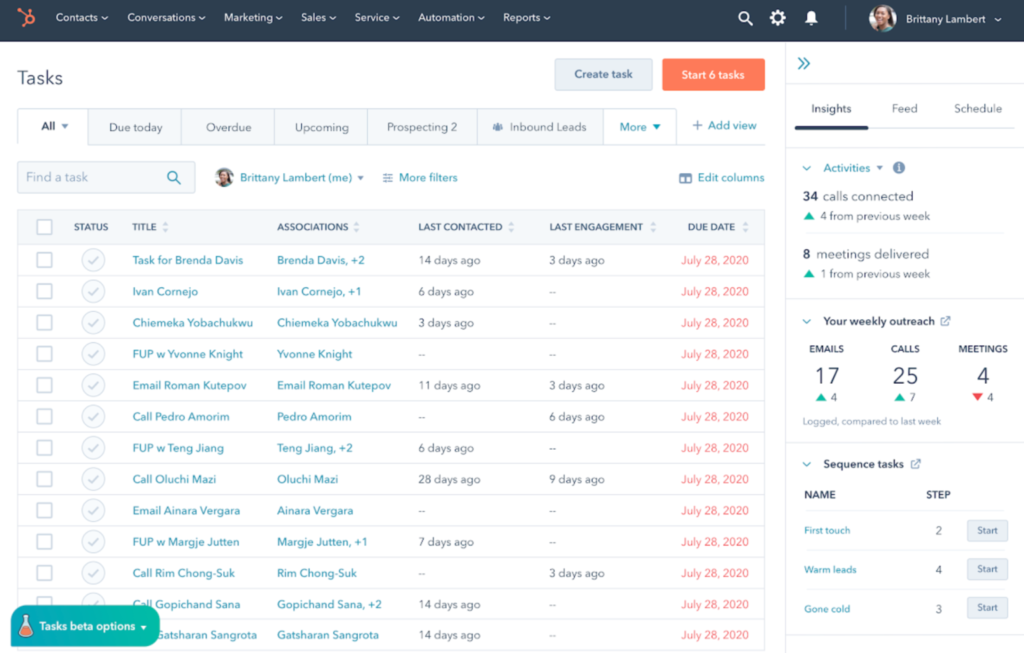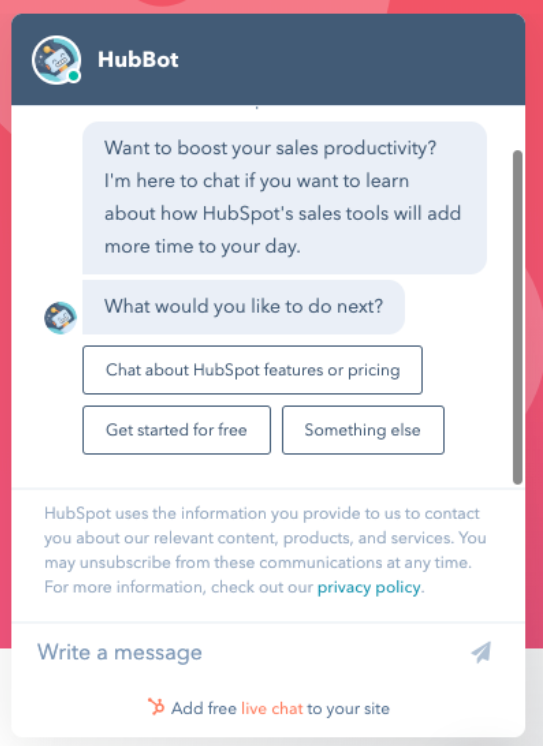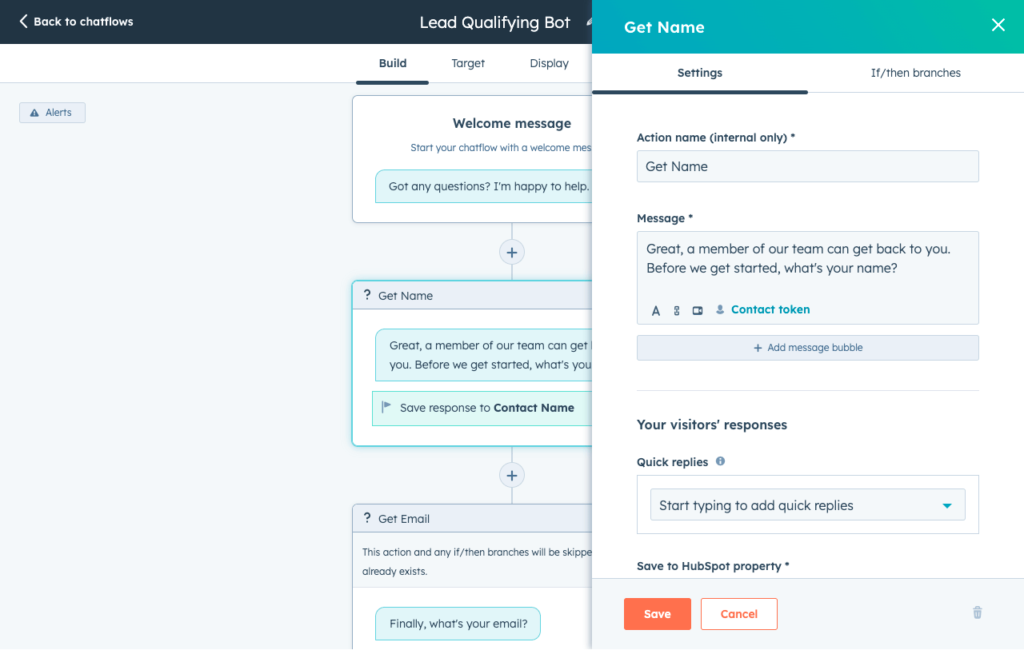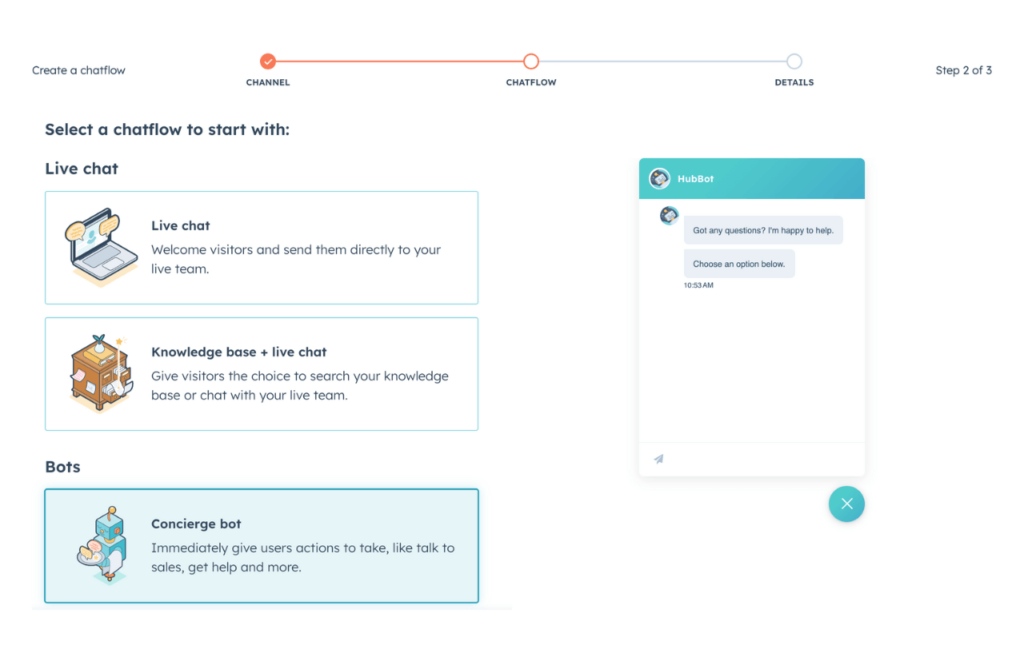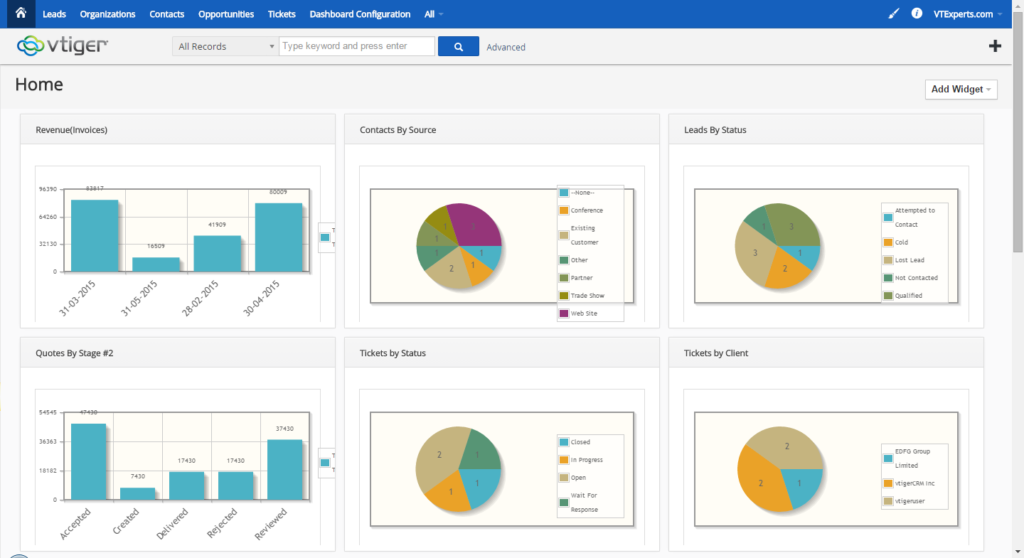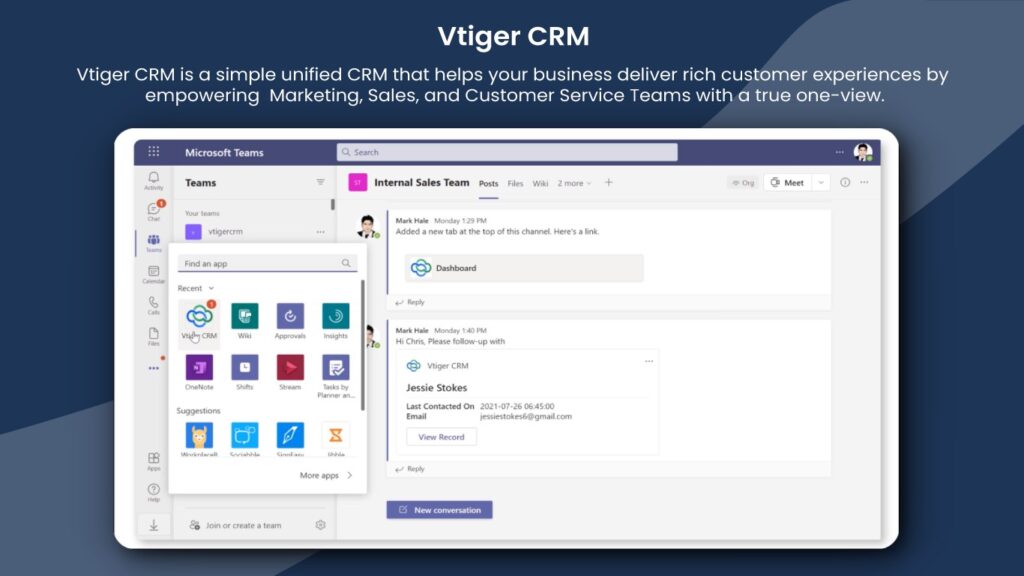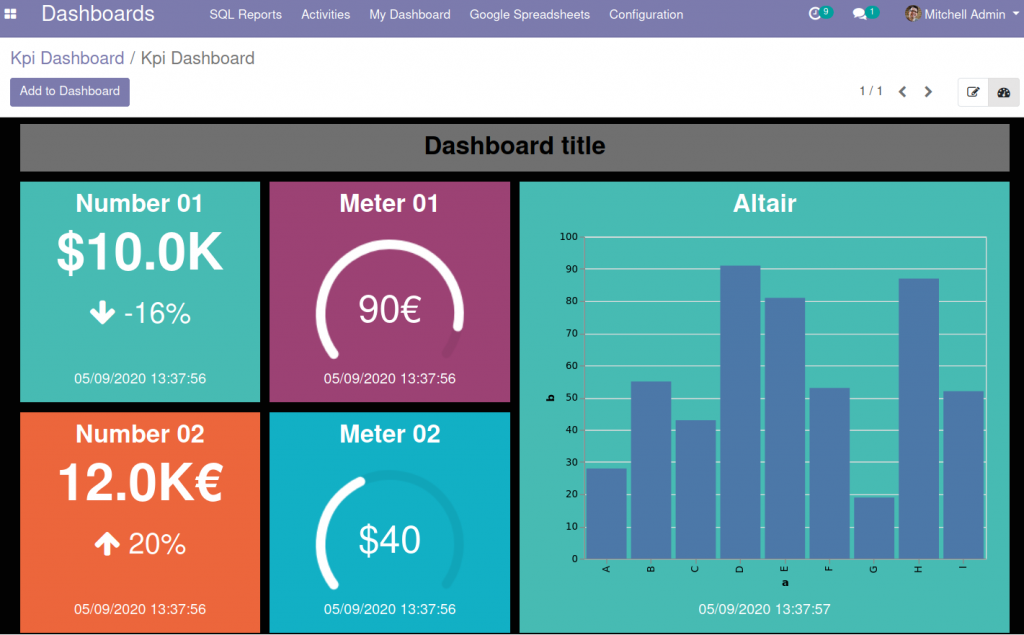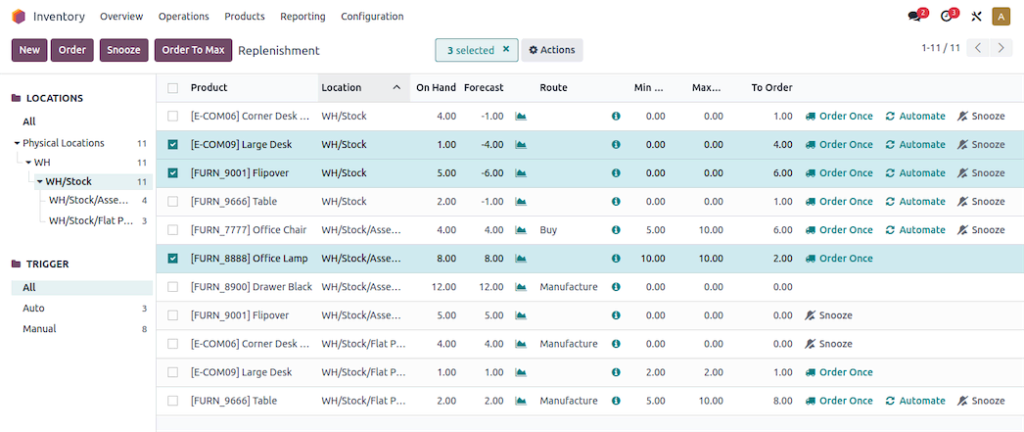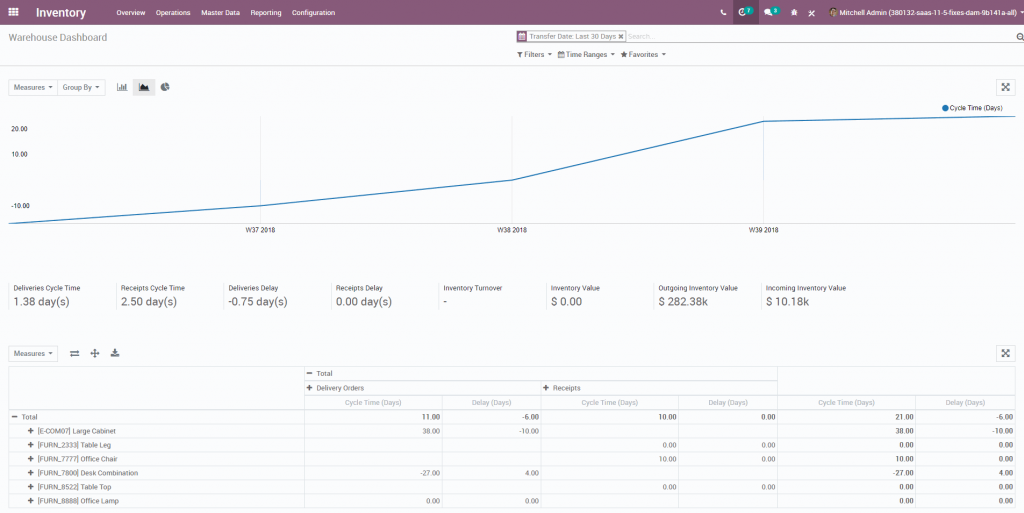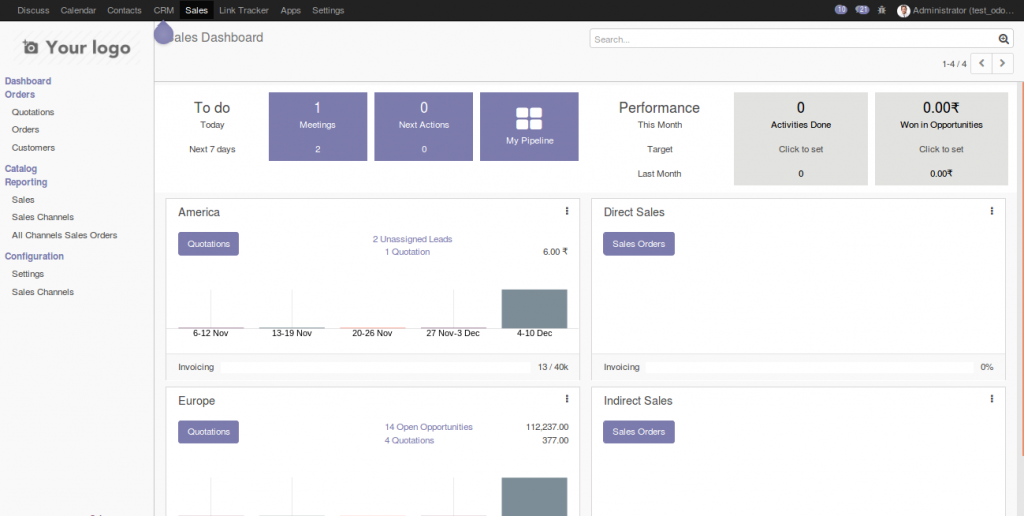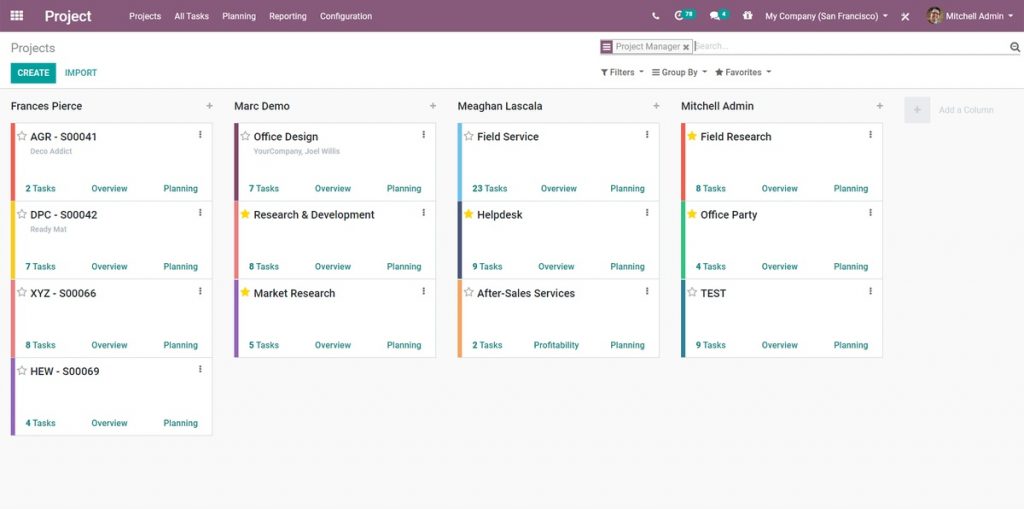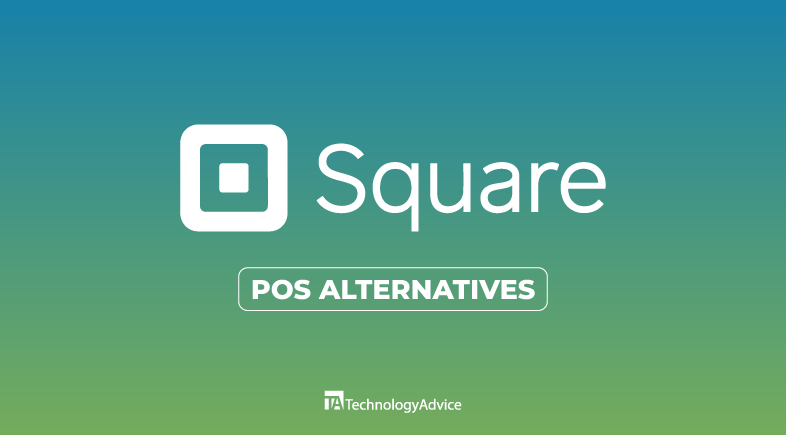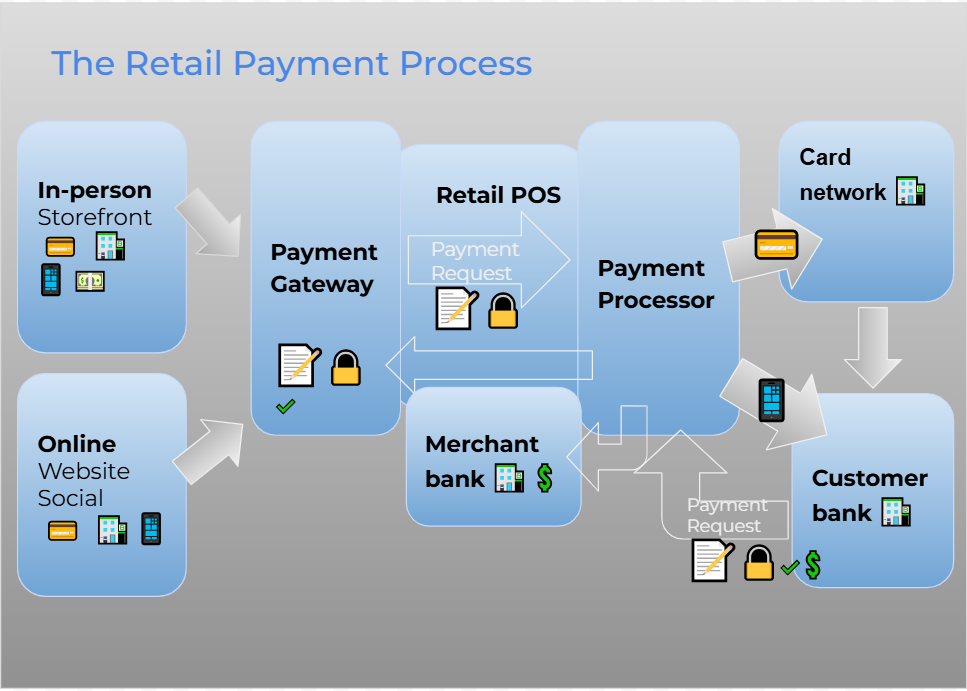With an open source CRM, you can save time and money. Learn what open source CRM is, the benefits of using it, and the most popular software solutions.
Below are some of the top open source CRM providers in the market, each with unique features and functions that make them best suited to specific needs.
Find out which CRM is best for your business:
Contact Management
Cloud Platform Available
Task Management
Mobile Application

Odoo

OroCRM
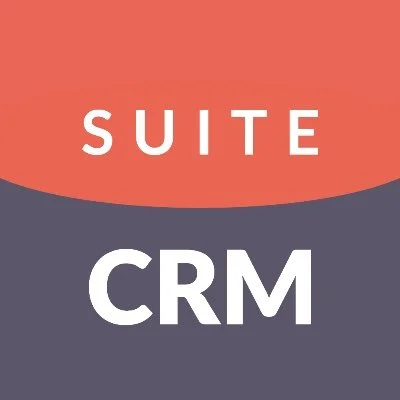
SuiteCRM
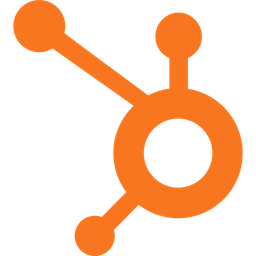
HubSpot
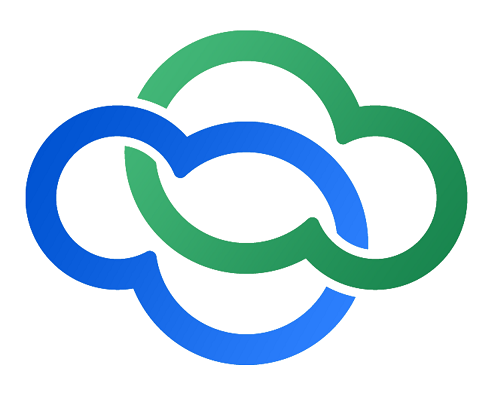
VTiger
What is an open source CRM?
What sets open source CRMs apart from proprietary solutions is that its source code is publicly available. Developers and users can access, modify, and distribute the software freely.
The concept of open source CRMs can be traced back to the 1990s and early 2000s when open source software started gaining popularity. The rise of open source CRMs was driven by a growing demand for customizable and cost-effective solutions to manage customer relationships and the increasing awareness of the benefits of open source software.
Open source CRM solutions

OroCRM — Best for scalability
Pros
- Customization
- Multi-channel support
- Scalability
Cons
- Learning curve
- Resource-intensive
- Maintenance cost
Why I picked OroCRM
We selected OroCRM for its strong focus on e-commerce businesses, offering a multitude of features specifically tailored to the needs of this industry. Its ability to track, analyze, and manage customer data across multiple channels, including online stores, social media, and brick-and-mortar shops, sets it apart from other open source CRM solutions like SuiteCRM or VTiger, which focus more on general customer relationship management without such specific e-commerce capabilities.
While Odoo provides an all-in-one CRM and ERP solution, OroCRM is better suited for businesses that require advanced customer segmentation and marketing automation for e-commerce. In terms of scalability, OroCRM is unmatched, making it ideal for fast-growing businesses with complex customer journeys. Unlike HubSpot, which is easier to use for smaller teams, OroCRM is more complex but also more powerful in terms of tracking and managing multiple customer touchpoints. Though Odoo is more comprehensive for businesses needing both ERP and CRM functionalities, OroCRM’s deep integration with e-commerce platforms like Magento and its focus on omnichannel customer management give it a distinct edge for retailers.

SuiteCRM — Best for community support
Pros
- Open source
- Community support
- Customizable workflows
Cons
- Learning curve
- Limited out-of-the-box features
- Limited documentation
Why I picked SuiteCRM
SuiteCRM boasts an impressive balance between powerful features and cost-effectiveness. Its comprehensive CRM capabilities—including sales automation, marketing campaigns, and customer support—offer businesses everything they need without the steep costs associated with some other platforms. The fact that it’s open-source means it provides extensive customization flexibility, allowing businesses to tailor the platform to their specific needs.
Compared to Odoo, which combines both CRM and ERP functionality, SuiteCRM focuses solely on CRM, making it a simpler, more affordable solution for businesses that don’t require full ERP integration. While OroCRM is tailored more to e-commerce, SuiteCRM offers a broader appeal to industries across the board. In terms of community support, SuiteCRM shines, rivaling even VTiger and Odoo for having an active, dedicated user base that consistently contributes to updates and improvements. However, HubSpot, though known for its ease of use, is more limited in customization compared to SuiteCRM. If cost-effectiveness, flexibility, and strong community backing are top priorities, SuiteCRM stands out as one of the best options.

HubSpot — Best for ease of use
Pros
- User-friendly interface
- Third-party integrations
- Documentation and resources
Cons
- Free version has limited features
- Customization limitations
- Scaling limitations
Why I picked HubSpot
HubSpot’s CRM platform offers a seamless, user-friendly experience, designed to simplify complex customer relationship management processes. Its intuitive interface allows users, regardless of their technical background, to quickly adapt and fully leverage its features. This makes HubSpot especially attractive for smaller businesses or teams that require a CRM without the burden of a steep learning curve.
Compared to SuiteCRM or VTiger, which offer deep customization options but may require more technical expertise, HubSpot stands out for its simplicity and ease of use. While Odoo and OroCRM offer more comprehensive solutions for businesses with complex needs, HubSpot provides an accessible alternative for teams that prioritize ease of adoption and quick setup. HubSpot is particularly well-suited for companies looking for a ready-to-use CRM, whereas SuiteCRM’s flexibility comes with more setup and configuration.
Although HubSpot is easier to navigate, it does not offer the same level of modularity as Odoo, which can grow alongside larger businesses that need ERP functionalities. Still, for companies focused on streamlining customer data management and boosting productivity, HubSpot’s user-friendliness makes it a top choice.

Vtiger CRM — Best for customization
Pros
- Comprehensive features
- Customization options
- Third-party integrations
- Active community
Cons
- Limited documentation
- Learning curve
- Performance and resource usage
Why I picked Vtiger CRM
VTiger CRM stands out for its unparalleled adaptability, allowing users to tailor the CRM environment to their specific needs. Its extensive customization options—from modifying fields and modules to creating personalized workflows and reports—empower businesses to align the CRM precisely with their unique processes and objectives.
When compared to other open-source solutions like SuiteCRM or Odoo, VTiger excels in its focus on customizability, making it a preferred choice for businesses with very specific workflow requirements. While Odoo offers broader ERP integration, VTiger’s CRM-specific focus makes it ideal for businesses that need deep CRM functionality without the added complexity of an ERP system. Unlike HubSpot, which prioritizes ease of use over customization, VTiger offers more flexibility, albeit with a steeper learning curve.
VTiger’s level of adaptability also surpasses that of OroCRM, which focuses more on e-commerce businesses. While OroCRM provides robust omnichannel capabilities, VTiger is more versatile for a wider range of industries. Additionally, although SuiteCRM offers a strong open-source platform with good community support, VTiger’s customization potential and user-friendly interface give it a competitive edge for businesses that need both flexibility and ease of use.

Odoo — Best all-in-one open source CRM
Pros
- Cost-effective CRM solution
- All-in-one ERP
- Cloud and on-premises deployment solutions
- Active developer community
- Scalability
- Modular approach
Cons
- Limited official support
- Non-intuitive integration
- Customization costs
Why I picked Odoo
We selected Odoo for its outstanding adaptability and the breadth of its integrated applications. Unlike competitors such as OroCRM, which excels in scalability for growing businesses but lacks a fully integrated ERP system, Odoo offers a unified solution that spans sales, inventory, accounting, and more. This all-in-one functionality provides businesses with a seamless experience, reducing the need for third-party integrations and extra costs.
While SuiteCRM shines with its vibrant community support, Odoo’s community is also robust and extends to a large marketplace of modules, giving it a slight edge in flexibility. Odoo’s modular, scalable design means businesses can start with a small number of apps and scale up as needed, rivaling VTiger in terms of customization potential.
However, Odoo may have a steeper learning curve compared to HubSpot, which stands out for its ease of use, particularly for small teams. Still, for businesses seeking a comprehensive, open-source CRM/ERP solution with long-term scalability and flexibility, Odoo is hard to beat.
Which software is right for your business?
Advantages of open source code
For businesses of every size, there are myriad advantages to opting for open source CRM solutions.
Businesses can tailor the CRM to their specific needs as they have access to the source code. This allows for more flexibility in meeting unique requirements.
Open source CRMs are also generally more affordable than proprietary alternatives. There are no licensing fees and users can benefit from the contributions of a large community of developers. Open source projects offer the benefit of a robust development community, resulting in a strong and reliable CRM platform.
Advantages of proprietary software
While open source CRMs offer numerous benefits, there are some advantages to using proprietary CRM solutions. Each business is unique and must find what works best on an individual basis.
Proprietary CRM vendors can provide dedicated customer support, including technical assistance and troubleshooting. Community support is available with open source CRMs. However, it can be slow and less efficient than assistance from established software vendors.
These proprietary CRMs also come with regularly scheduled updates and upgrades. Regular updates promise quick bug fixes and enhanced security, whic are crucial for businesses that lack the in-house technical expertise to manage software updates. Businesses could arguably use more resources on handling updates and integrations than a monthly subscription for proprietary software.
Many essential features and tools are readily available with proprietary CRMs. These platforms are specifically designed to cater to individual business needs. These features can save businesses a significant amount of time in customization and configuration.
Looking for the latest in CRM solutions? Check out our CRM Software Buyer’s Guide.
How we choose our top picks
At TechnologyAdvice, we assess a wide range of factors before selecting our top choices for a given category.
To make our selections, we rely on our extensive research, product information, vendor websites, competitor research and first-hand experience. We then consider what makes a solution best for customer-specific needs.
For our Top Open Source CRM list, we looked at 20 options before whittling them down to the five that cover all accounting needs for startups all the way up to enterprises.
Frequently Asked Questions (FAQ)
What is an open source CRM?
Open source CRM (Customer Relationship Management) software is developed and distributed under an open source license. This allows users to access and modify the application’s source code.
What are the benefits of open source CRM?
Small and medium-sized businesses can benefit greatly from open source CRM software. It is free to use and modify while offering the same functionality as expensive proprietary CRM software without the cost.
Is there a free open source CRM?
Yes, several open-source CRMs offer free versions, including SuiteCRM, VTiger, and Odoo. These platforms provide core CRM functionalities for free, with optional paid features or services. These features, such as hosting, support, and premium modules, could be great additions depending on what you need from a CRM.
Does Google have a CRM system?
Google does not offer its own CRM system. However, many CRM platforms, such as HubSpot and VTiger, integrate seamlessly with Google Workspace (Gmail, Calendar, Drive) to streamline workflows.
Is Odoo CRM really free?
Yes, Odoo offers a free version of its CRM as part of its open-source community edition. However, additional apps, hosting, and support services may require payment.
Does Office 365 have a free CRM?
Office 365 does not have its own free CRM. However, third-party CRM platforms like HubSpot and VTiger integrate with Office 365, allowing users to manage customer data alongside their existing Microsoft tools.



